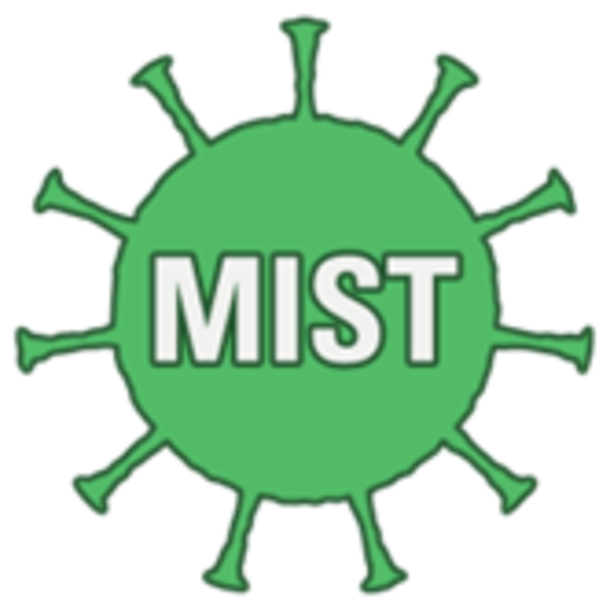Since the global impact of COVID-19, we have become acutely aware of the risks related to airborne diseases. Virologists, epidemiologists, fluid mechanics experts, and engineers are collaborating in the MIST (Mitigation Strategies for Airborne Infection Control) program to deepen our understanding and prevent the transmission of airborne viruses, infectious diseases and harmful agents, with a particular focus on addressing COVID-19 (SARS-CoV-2). The project has been granted substantial funding of €4.339.987,00 from the NWO (Dutch Research Council) for the next five years, reflecting the importance of this research. The MIST brought together a diverse range of expertise, including fluid dynamics, physics, molecular biology, medicine, and engineering, and partnerships with 28 companies. The project aims to develop mitigation strategies for controlling airborne infections. To achieve this goal, the following steps will be taken:
- Advancing fundamental knowledge on virus infectivity, the spread of airborne droplets, and the effectiveness of ventilation.
- Developing mitigation technologies and evaluating methodologies to determine their efficacy.
- Disseminating program outputs through publicly available recommendations and policy guidelines.
The outcomes of this research will be translated into practical recommendations for implementing measures in the most efficient, cost-effective, and sustainable manner across various environments, including homes, hospitals, schools, and public transportation.
For more information and updates, please visit https://mist-project.nl/.

